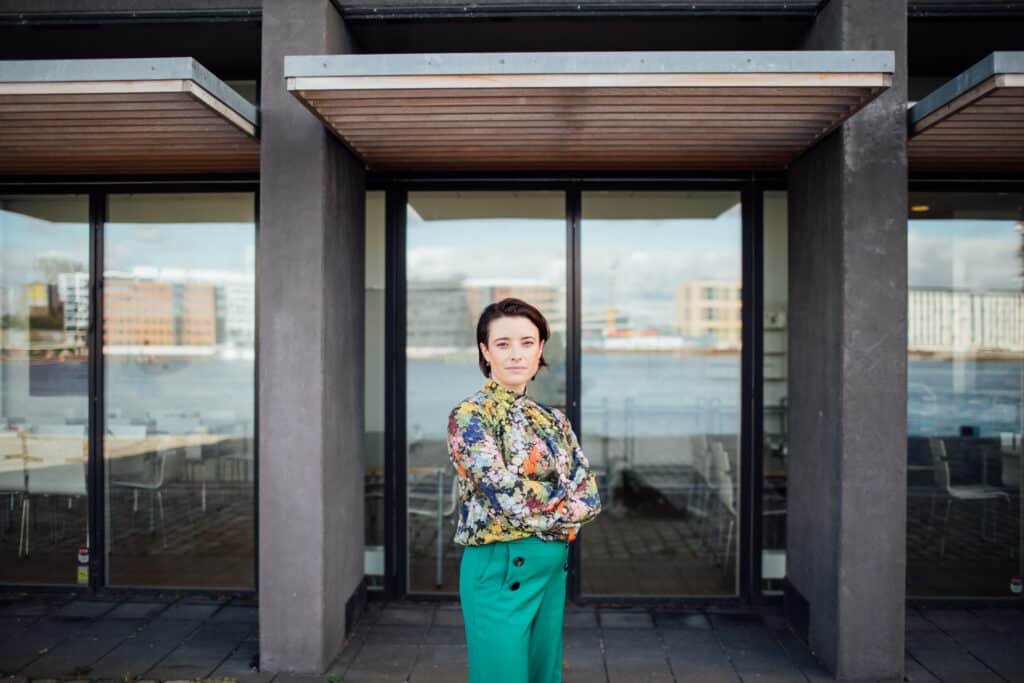How Red Tape Make Business Better: EU Rules Ensure Safe and Sustainable Products for Everyone

This week, SHEIN faced tough questions from UK lawmakers about forced labour claims and where they get their cotton. Their poor answers showed that fashion companies today need to know what’s happening in their supply chains.
This serves as a warning to others in fashion and other consumer industries: You need to know your business inside and out. Companies must understand their impact on workers and the environment, follow the rules, and be ready to answer questions from customers who care more and more about how their clothes are made.
But it shouldn’t be about picking the “good” companies. As a society, we must demand that lawmakers ensure all companies do the right thing. That’s why we need legislation, not just good intentions.
Safe products shouldn’t be just for rich people. Whether you buy a toy in Paris or Warsaw, it should be safe for your child. That’s why we have safety rules that all companies must follow, not just the ones that want to. Having these rules across the whole EU market means all 450 million people get the same protection, no matter where they shop.
When you buy something in the EU’s single market, you should know it’s safe and that no one was hurt making it. The EU market has been unique in putting consumers, workers and planet at its heart, while still letting businesses grow by making the rules the same for everyone.
When companies make things, they need to know what goes into them and where these parts come from. France and Germany, both part of the EU, already have their own rules. But now these will work alongside the EU-wide rules, making one big market where all products must meet the same high standards.
This means a company can’t skip the rules by moving from one EU country to another – the same rules apply everywhere in the EU’s single market.
The EU’s new rules (CSDDD) say big companies must check their whole supply chain – from the raw materials to the final product. The EU’s other new rules (CSRD) say companies must be clear about their impact on people and the planet. They have to share real data, not just nice words. Other places are following this lead – the US, Japan, and others now ask companies to tell the truth about how they affect the climate.
These rules just want companies to be honest about how they make them. Some companies say knowing everything about their supply chain is too hard. But new tech is making it easier to track things from start to finish. The EU is working on digital “product passports” to show where things come from and what’s in them.
When companies know their supply chain well, companies can fix problems faster and make better products. They can also build trust with their customers. After all, if you’re proud of how you make something, why hide how you made it?
Watch the full Parliament LIVE session with Shein from 7th January 2025:
https://www.parliamentlive.tv/Event/Index/44f472b5-2554-4718-b89a-4226ffbd381e
If you are a fashion producer, then you can join Sustainable Fashion School, follow them on LinkedIn⃔ and check their website https://www.thisisenkel.com/legislation-and-regulations
This text was inspired by Sustainable Fashion School‘s LinkedIn Post, and my opinions – then expanded and re-written with Claude.ai by me.